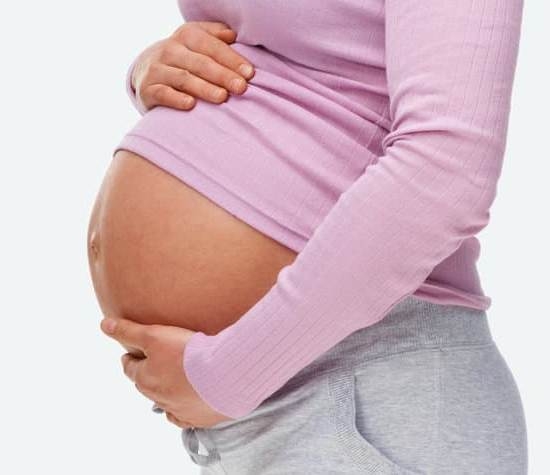Causes of Bleeding During Pregnancy
Pregnancy brings with it a range of exciting and often confusing symptoms, one of which is bleeding during pregnancy. Bleeding during pregnancy can be frightening and alarming, and has many potential causes. Below is a breakdown of the causes and possible treatments for bleeding during pregnancy.
Implantation Bleeding
The first type of bleeding during pregnancy is known as implantation bleeding. Implantation bleeding typically occurs one to two weeks after fertilization, when the fertilized egg attaches itself to the uterine wall. It is usually a light brown color, and is sometimes mistaken for a menstrual period. Implantation bleeding usually doesn’t need treatment, and will usually go away on its own.
Abnormal Levels of Hormone Production
Another cause of bleeding during pregnancy is an abnormal and increased production of hormones. High levels of the hormones estrogen and progesterone may cause the uterine lining to become irritated. This can result in spotting or light bleeding, and sometimes even cramps. Treatment for this type of bleeding during pregnancy typically involves bed rest, and monitoring of hormone levels.
Miscarriage
Bleeding during pregnancy can also sometimes be a sign of a miscarriage. A miscarriage is when a fetus passes naturally from the uterus. Heavy bleeding is the most common symptom of a miscarriage, usually accompanied by severe cramps and lower back pain. If a miscarriage is suspected, medical treatment should be sought immediately.
Subchorionic Hemorrhage
A subchorionic hemorrhage is a type of bleeding that occurs between the placenta and the uterus. Subchorionic hemorrhages usually don’t require treatment, and will usually heal themselves. However, it’s important to keep an eye on the bleeding, as if it persists it can lead to complications or signal an underlying issue.
Cervical or Vaginal Infections
Cervical or vaginal infections can be another cause of bleeding during pregnancy. These infections can be caused by a variety of bacteria or viruses, and can cause light to heavy bleeding. Symptoms of a cervical or vaginal infection include fever, abdominal pain and cramps. Treatment for these infections usually includes antibiotics and other medications.
Ectopic Pregnancy
An ectopic pregnancy is a type of pregnancy where the fertilized egg implants outside of the uterus. An ectopic pregnancy can cause light to heavy bleeding, and is a potentially life-threatening condition. Ectopic pregnancy is usually treated with either surgery or medications, and medical attention should be sought as soon as possible.
Placental Abruption
A placental abruption is a condition where the placenta detaches itself prematurely from the uterine wall. This can cause heavy bleeding and severe abdominal pain, and can be dangerous for both mother and baby. Placental abruption is usually treated with surgery or medications, depending on the severity of the condition.
In conclusion, there are many causes of bleeding during pregnancy, some of which can be dangerous. It’s important to understand the potential causes of bleeding during pregnancy and to seek medical attention as soon as possible if bleeding occurs.

Welcome to my fertility blog. This is a space where I will be sharing my experiences as I navigate through the world of fertility treatments, as well as provide information and resources about fertility and pregnancy.





